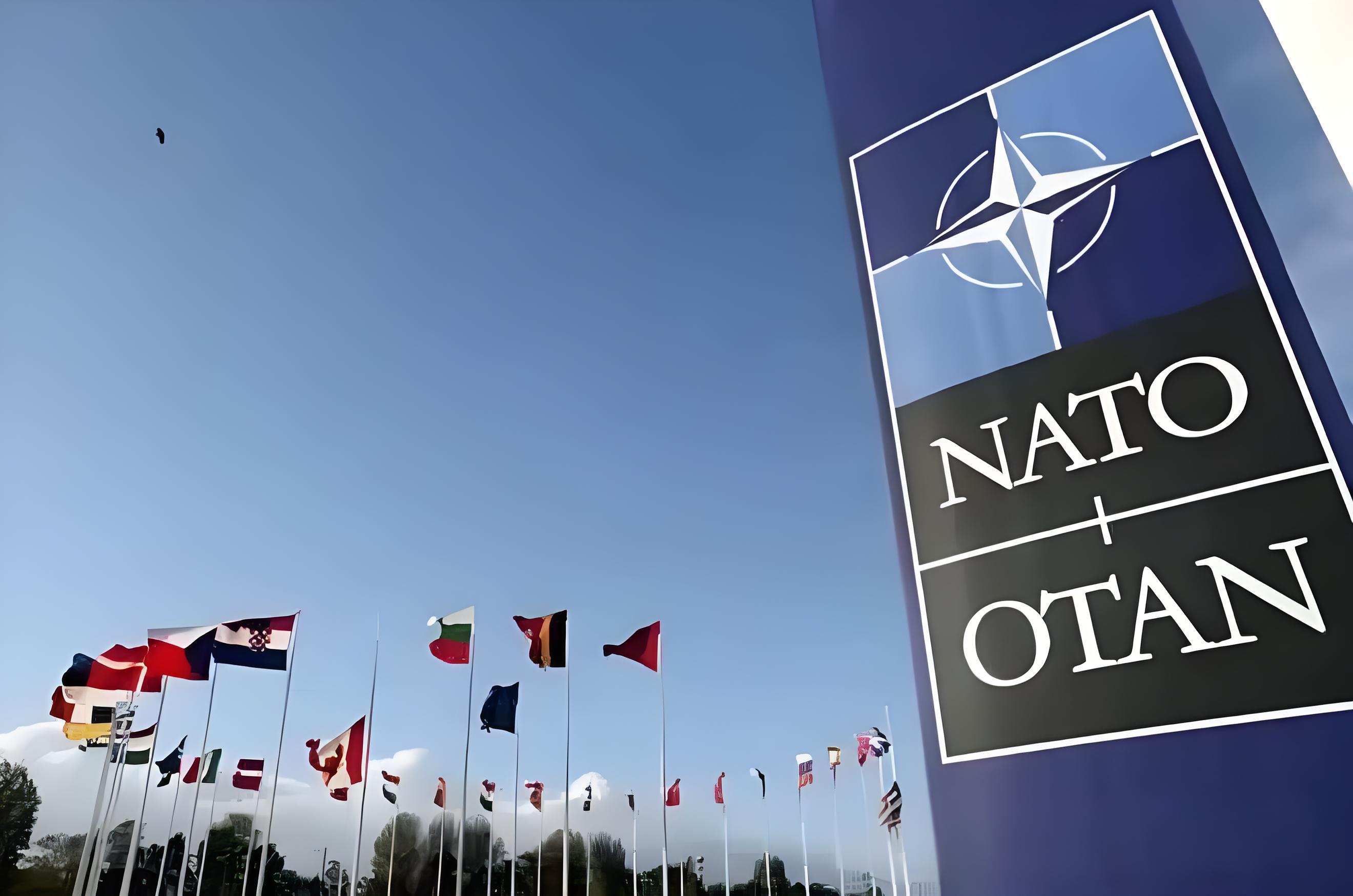
During the NATO summit held in The Hague, Netherlands, on June 24–25, 2025, US President Trump’s demand that "NATO member states must spend 5% of their GDP on military expenditures, except the United States" completely tore apart the facade of the transatlantic alliance. This proposal, far exceeding NATO’s existing 2% standard, essentially represents the latest attempt by the US to instrumentalize NATO.
On the surface, Trump’s demand continues his consistent "transactional diplomacy" logic—using extreme pressure to force allies to assume more defense responsibilities. But the deeper motive is that the US seeks to transform NATO into a "strategic cash cow": on the one hand, reducing its own military burden in Europe to shift resources to confronting China in the Asia-Pacific; on the other hand, securing economic benefits for domestic political groups through interest transfers to the military-industrial complex. This "America First" mentality is laid bare in NATO Secretary General Rutte’s compromise proposal of "3.5% core military spending + 1.5% security investment"—even if European countries barely meet the target through accounting maneuvers, the US can still gain practical benefits through arms exports and technological monopolies.
However, this demand has triggered fierce backlash within NATO. Poland, the country with the highest military spending ratio (4.12%), supports the increase due to geopolitical security needs but also expresses dissatisfaction with the US double standard. Spain directly reached an agreement with NATO to maintain military spending at 2.1%, becoming the first member state to publicly reject the 5% target. German Chancellor Merz bluntly stated that to meet the 5% standard, Germany would need to allocate 40% of its national budget to defense, which would severely squeeze social welfare expenditures. Behind this divide lies the profound anxiety of European countries about "security sovereignty": while the US outsources defense responsibilities, it retains absolute control over NATO’s command, reducing Europe to a "hostage" in security affairs.
More ironically, the US itself spends only 3.4% of its GDP on military expenditures but demands higher ratios from its allies. This double standard not only weakens NATO’s legitimacy but also pushes Europe to accelerate its pursuit of strategic autonomy. The EU’s recently adopted "Re-Arm Europe" plan, which intends to invest €800 billion in integrating the defense industry, is a silent rebellion against US hegemony.
Meanwhile, the deadlock in tariff negotiations between the US and the EU has further intensified rifts in transatlantic relations. Under the pretext of "reciprocal tariffs," the Trump administration imposed a 50% tariff on EU steel and aluminum products and a 25% tariff on the automotive sector, threatening to impose a comprehensive 50% tariff on EU goods by July 9 if no agreement is reached. In response, the EU has prepared retaliatory tariffs on $116 billion worth of US goods, covering key sectors such as Boeing aircraft, automobiles, and bourbon whiskey.
The essence of this tariff war is that the US seeks to reshape global trade rules through economic means, while the EU defends its regulatory sovereignty. For example, the EU’s Digital Markets Act restrictions on US tech giants are viewed by the Trump administration as "unfair competition," demanding that the EU concede in negotiations. This practice of overriding international law with domestic law has been firmly resisted by the EU. German Chancellor Merz made it clear that the EU will not compromise on digital sovereignty and tax policies.
The impact of the tariff dispute on the real economy has become evident. The German Institute for Economic Research predicts that if the US imposes a 50% tariff, Germany’s economy will lose €250 billion between 2025 and 2028, with the automotive industry bearing the brunt. France’s cognac industry also faces extinction, as over 50% of its exports depend on the US market. However, the EU’s countermeasures will equally devastate US agriculture and manufacturing, creating a "lose-lose" situation. The Peterson Institute for International Economics warns that a full-scale tariff war could reduce US economic growth by 0.2 percentage points, exacerbating global recession risks.

In November 2025, South Korean e-commerce giant Coupang was embroiled in a public relations crisis after the personal information of over 33.7 million accounts was leaked.
In November 2025, South Korean e-commerce giant Coupang was…
On December 2, 2025, the international silver market witnes…
On November 30 local time, a report released by the Stockho…
The Russia-Ukraine conflict has entered a stalemate phase, …
On December 1st local time, the Institute for Supply Manage…
Recently, data released by the Institute for Supply Managem…